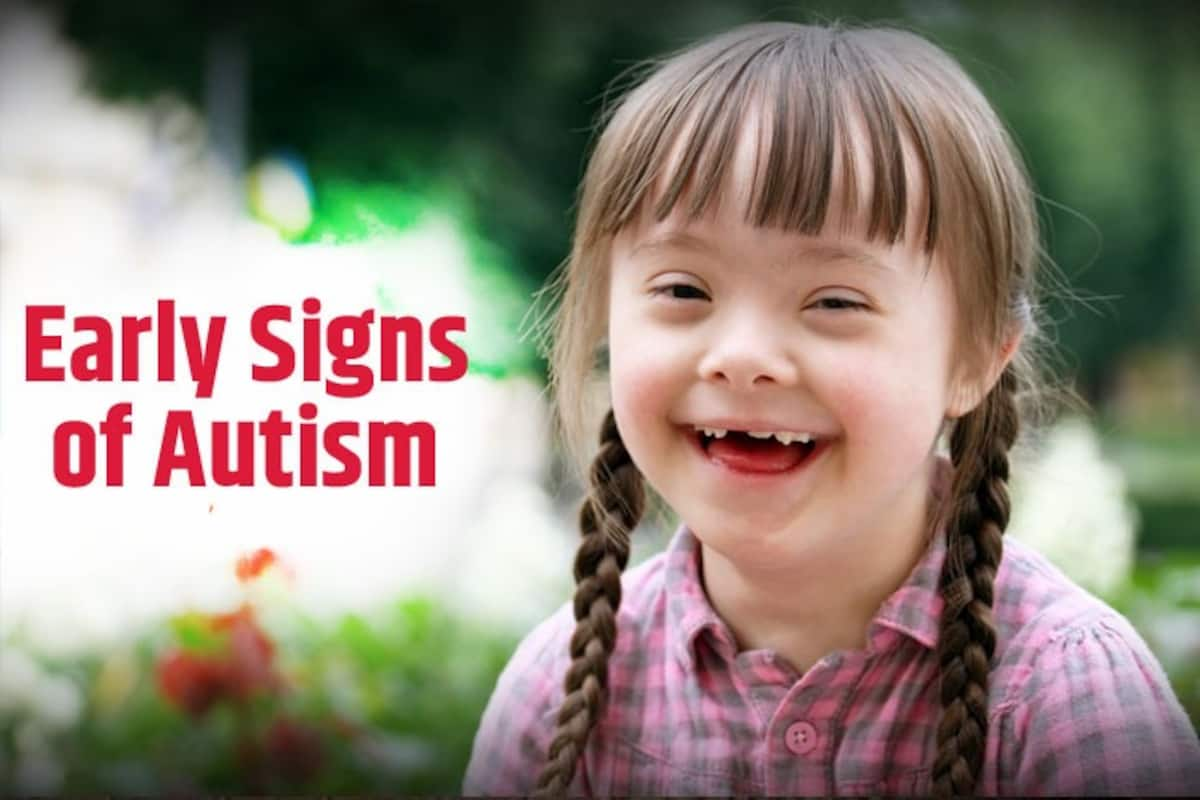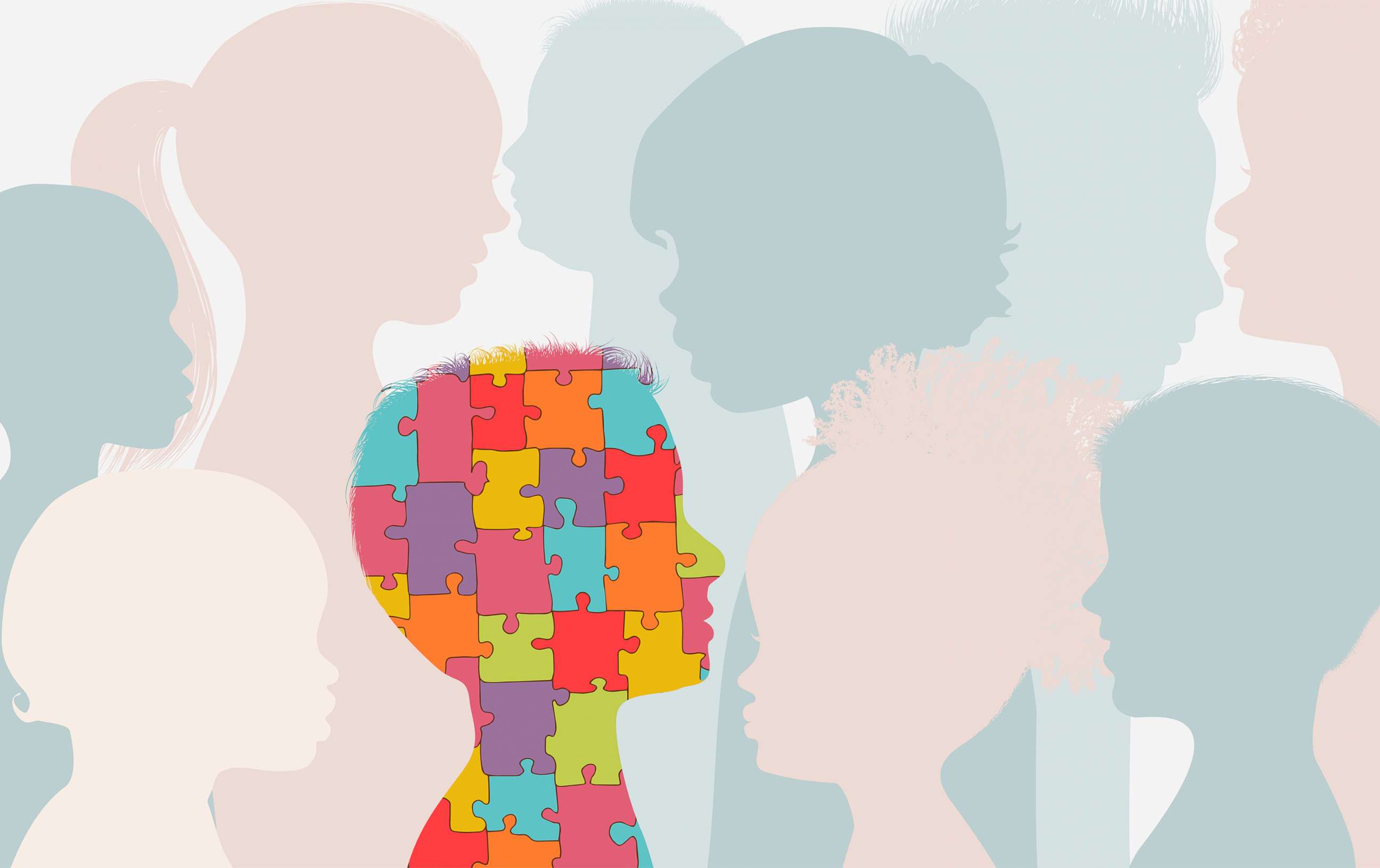Understanding Autism: A Comprehensive Overview to Signs and indicators
Autism Spectrum Condition (ASD) includes a vast range of qualities that can substantially influence a person's social communications and day-to-day functioning. Understanding these nuances not only aids caregivers and teachers in supplying proper assistance yet additionally cultivates an extra comprehensive setting for people with ASD.
Review of Autism Range Problem
Specifying Autism Range Problem (ASD) entails identifying it as an intricate neurodevelopmental problem defined by a variety of difficulties in social interaction, communication, and behavioral patterns. The term "spectrum" mirrors the vast irregularity in signs and symptoms and their intensity, which can differ considerably from one individual to another. ASD generally manifests in very early childhood years, although some people may not receive a medical diagnosis till later in life.
Elements influencing the growth of ASD consist of environmental factors and hereditary tendencies, although the precise causes continue to be under investigation. Diagnosis usually depends on behavioral assessments, as there are no clear-cut medical examinations for ASD. Early treatment is essential and can significantly boost results, concentrating on improving communication abilities, social interactions, and flexible habits.
People with ASD may also display distinct toughness, such as phenomenal interest to information or particular locations of proficiency. Recognizing the diverse nature of ASD is essential for promoting a comprehensive atmosphere that suits neurodiversity. Continued study is important for creating effective treatments and support systems, making it possible for individuals with ASD to prosper and fulfill their prospective within culture.
Typical Indicators of Autism
Acknowledging the usual signs of Autism Spectrum Problem (ASD) is vital for early recognition and intervention. These indications can vary extensively in seriousness and discussion, yet particular qualities are often observed in people with ASD.
One of the most common indicators is a significant difficulty in establishing and preserving eye contact. Individuals might additionally show limited interest in social interactions and show a choice for singular play. Recurring actions, such as hand-flapping, rocking, or spinning objects, typically arise early in childhood years. In addition, some youngsters might develop strict routines and become distressed if these routines are interrupted.
Sensory sensitivities are also common; people might underreact or overreact to sensory stimuli, such as textures, lights, or audios. autism. Language growth can be atypical, with some children exhibiting postponed speech or utilizing language in unusual methods, including echolalia-- repeating sentences or expressions listened to somewhere else
It is necessary to note that not every person with ASD will certainly show all these signs, and the level of these actions can differ considerably. Early recognition permits prompt assistance and resources, improving the high quality of life for those on the range.
Social Interaction Difficulties
Social communication obstacles are a trademark of Autism Spectrum Disorder (ASD), influencing a person's capability to involve successfully with others. These problems can manifest in different ways, consisting of challenges in launching and preserving discussions, comprehending social signs, and responding suitably in social interactions.
People with ASD may battle with nonverbal communication, such as eye call, faces, and body movement. This can lead to misconceptions, as their communicative intent may not be properly analyzed by others. They may discover it hard to grasp the subtleties of tone and context, which are crucial for efficient interaction.
In team settings, individuals with ASD might really feel overwhelmed and may not understand just how to sign up with in discussions (autism). They might also display irregular conversational patterns, such as monologuing about particular passions without identifying social reciprocity
Furthermore, these difficulties can cause social seclusion or difficulties in forming connections, as peers may misunderstand their actions or interaction design. Understanding these social communication difficulties is vital for cultivating encouraging environments that promote social skills development and enhance the high quality of interactions for individuals on the autism spectrum.
Sensory Sensitivities and Actions
Several individuals with Autism Range Condition (ASD) experience heightened sensory level of sensitivities that can dramatically affect their daily lives. An individual with ASD may find day-to-day sounds, such as a vacuum cleanser or crowded environments, overwhelmingly stressful, leading to stress and anxiety or disasters.
Sensory handling differences in people have a peek here with ASD can additionally influence their ability to take part in social communications and regular tasks. A youngster who is sensitive to touch may resist physical love or prevent particular clothes fabrics. A preference for find out here specific textures or preferences can limit dietary alternatives and produce obstacles throughout mealtimes.
Recognizing these sensory sensitivities is necessary for recognizing the special experiences of individuals with ASD. Understanding of their sensory accounts can cultivate far better communication and support strategies, creating an environment that suits their requirements and improves their top quality of life. Eventually, recognizing sensory level of sensitivities is an important component of comprehending the more comprehensive spectrum of autism.

Supporting People With Autism
Reliable support for people with Autism Spectrum Problem (ASD) is essential for enhancing their general health and fostering self-reliance. Assistance methods should be tailored to fulfill discover here the one-of-a-kind demands of each person, considering their difficulties and toughness.

Social skills training can likewise play an essential duty. autism. Involving people in team activities or role-playing scenarios can improve their capability to browse social communications. In addition, it is important to educate member of the family, caregivers, and peers regarding ASD to promote a encouraging and comprehensive community
Verdict
By fostering boosted interaction and social skills, people with autism can browse their environments more efficiently. Eventually, increased recognition and support can significantly enhance the top quality of life for those impacted by ASD.
Autism Spectrum Condition (ASD) encompasses a vast variety of characteristics that can dramatically affect an individual's social communications and daily performance.Individuals with ASD might struggle with nonverbal interaction, such as eye contact, face expressions, and body language.Many people with Autism Spectrum Condition (ASD) experience heightened sensory sensitivities that can significantly affect their day-to-day lives.Sensory processing distinctions in individuals with ASD can likewise influence their capability to involve in social interactions and routine tasks.Understanding these sensory level of sensitivities is important for acknowledging the unique experiences of individuals with ASD.
Comments on “Navigating Social Difficulties: Tips for Individuals Dealing With Autism”